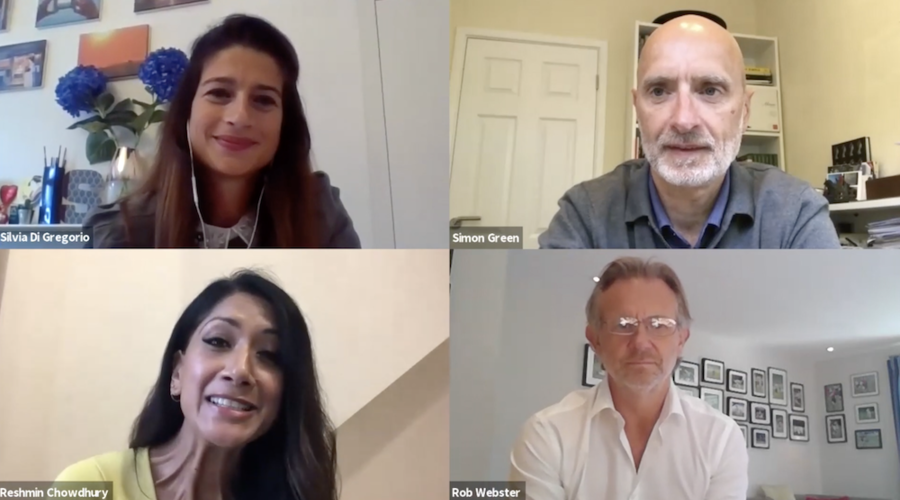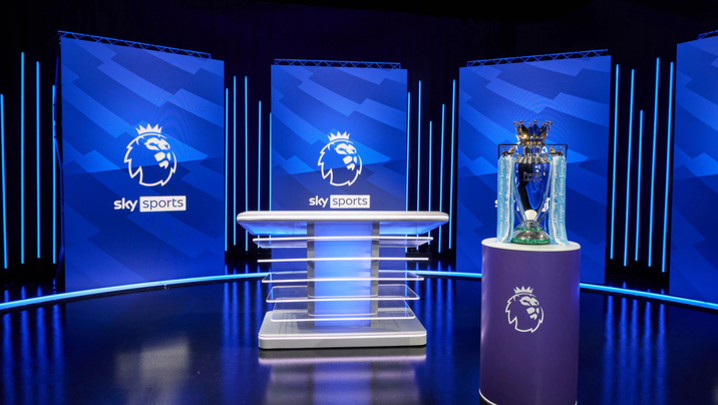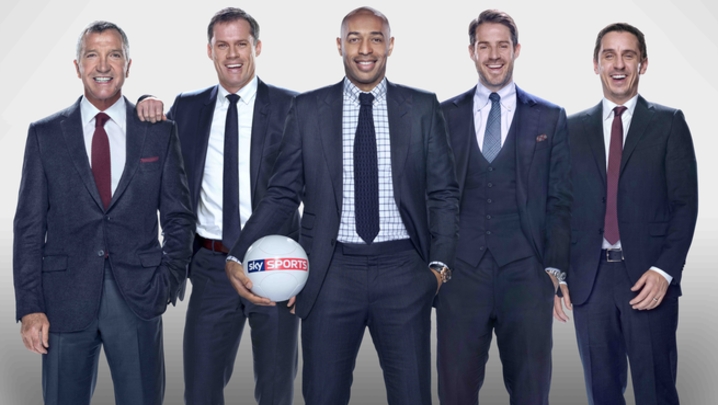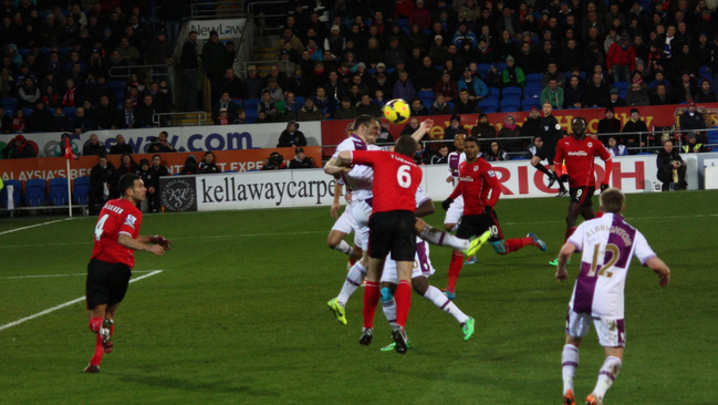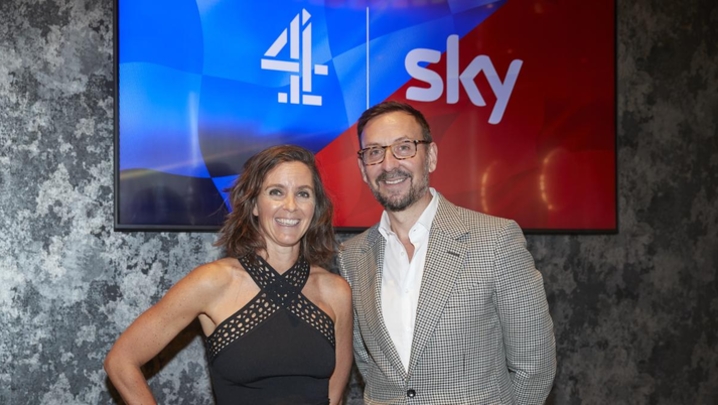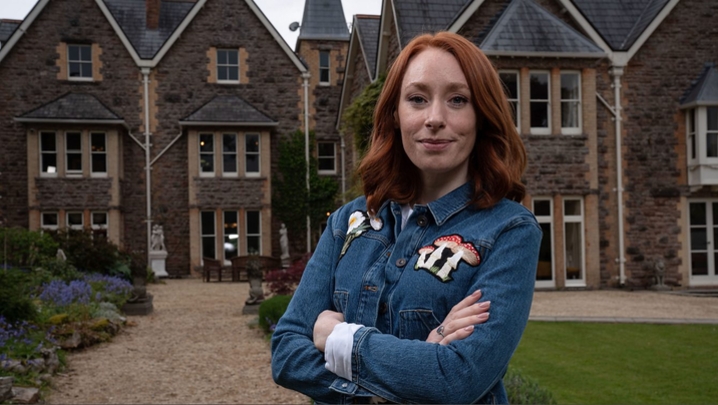Coronavirus punched holes in most broadcasters’ programming, but none lost so much content so quickly as the specialist sports channels.
At an RTS event in September, some of the leading figures in sports broadcasting recalled the moment when the Covid-19 lockdown brought down the curtain on live sport in the UK.
“It was a moment that had been coming,” said Sky Sports Managing Director Rob Webster, looking back to the March lockdown. “Our Italian colleagues were ahead of us in terms of the virus and their sport. It was only a matter of time.
“We’d done as much planning as we possibly could, but I don’t think anyone could have been fully prepared for that moment – and the realisation that you have 11 sports channels dedicated to live sport when there wasn’t going to be any live sport.”
Sky Sports took the decision “pretty much on day one, to allow our customers to pause paying us”, said Webster. “We stopped taking money from pubs and clubs.” It also decided to keep all its sports channels on air.
“It meant intense and quick decision making,” recalled Simon Green, head of BT Sport. “We’d lost all our live sport and we realised we had an awful lot of time to fill across our schedules.”
At Sky Sports, Webster said reinventing archive content was critical: “If you’re rerunning classic matches in your schedule, and that’s really all you can do for a period of time, you’ve got to make that as exciting, compelling and fresh as possible.”
The broadcaster aired “watch alongs”, classic action that included England’s last-gasp victory in the 2019 Cricket World Cup. “We managed to get Ben Stokes, Eoin Morgan and Joss Buttler talking through what was happening [as we] played out the final.”
Digital experts NTT Data work on sporting events that include the Tour de France and The Open golf tournament, which was cancelled this year. “We all wanted to keep the fans’ experience alive; [in fact] richer than ever because of the circumstances,” said Silvia Di Gregorio, UK sports innovation lead at NTT Data UK.
For Sky Sports, NTT produced The Open for the Ages, a virtual tournament featuring 21 of the world’s greatest golfers from the past 50 years, using data analysis, a fan vote and archive footage to find a winner for a fictional Open at St Andrews.
When the Premier League resumed in mid-June, production was largely done remotely. Although Pre-Covid-19, said Green, BT Sport “had already begun the process of moving to as much remote production as we could.
“It isn’t done just on the basis of saving money, remote production is also about sustainability. We think we’re reducing our carbon footprint.”
Sky Sports’ Webster added: “The viewer doesn’t know you’re producing remotely. You still have teams on site, but a lot of the heavy lifting in terms of the production is done remotely. It’s been one of the success stories, if you can call it that, during this period.”
Football was back but crowds remained absent, draining atmosphere from matches. TV’s response was to add crowd noise to its broadcasts.
“I’ll let you into a secret: We just watched what was going on in Germany,” said Green. Broadcasters there had introduced supporters’ roars and groans when the Bundesliga resumed, and it seemed to work. “I was the last one to be convinced we should make crowd noise the default [setting] and allow our viewers to opt out.”
Webster revealed that 75 to 80% of Sky viewers watch matches with crowd noise added –and that the broadcaster has a team of eight mixing noise effects to match the action on the pitch.
“It has been a big way of mitigating what we all know, which is that sport needs crowds to have a natural atmosphere. We’re desperate for crowds to return but, until that happens, artificial crowd noise helps massively,” said Webster.
Looking back over the six months since the March lockdown, he added: “It’s reinforced just how important sport is to so many people.”
The RTS event, ‘Winners, losers and own goals: Live sport in lockdown’, was held on 24 September, chaired by BT Sport broadcaster and journalist Reshmin Chowdhury, and produced by Vicky Fairclough and Dan Korn. A full report will appear in the October issue of Television.

